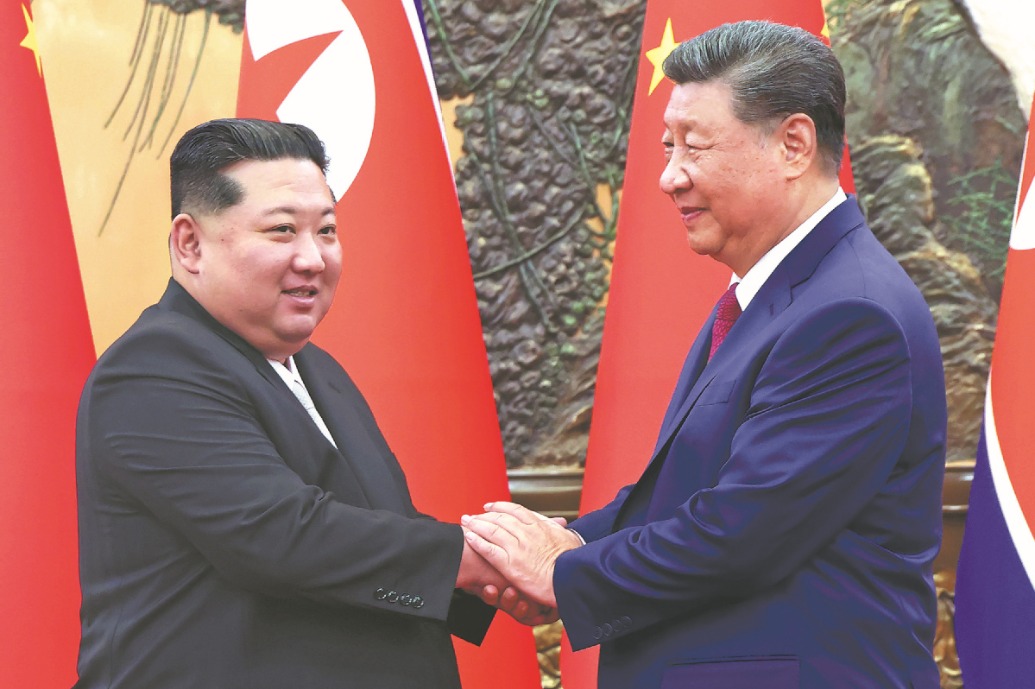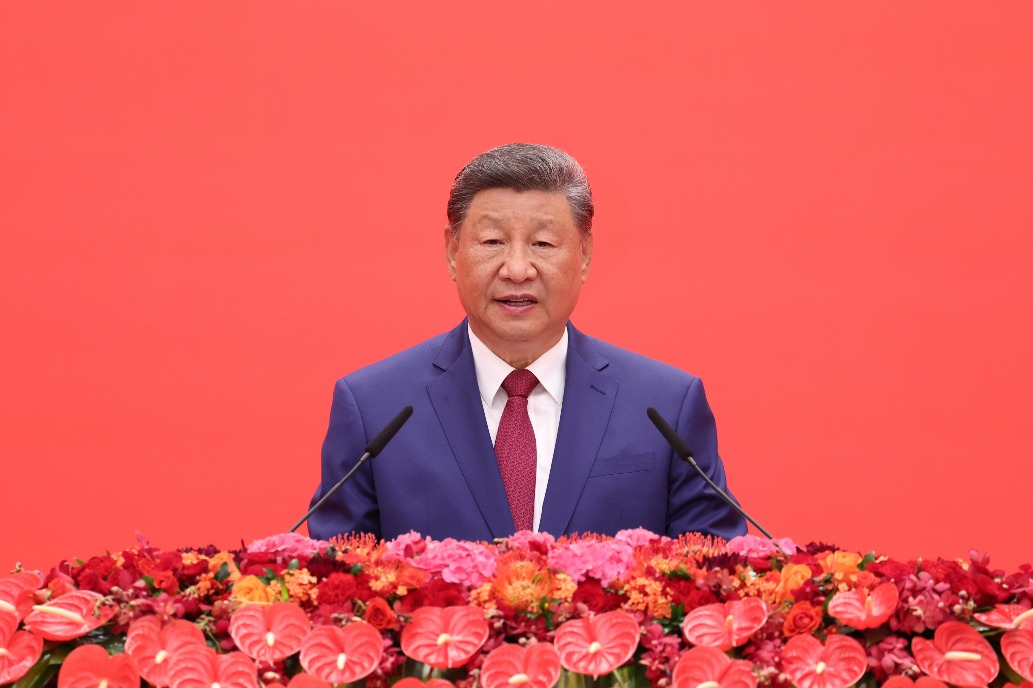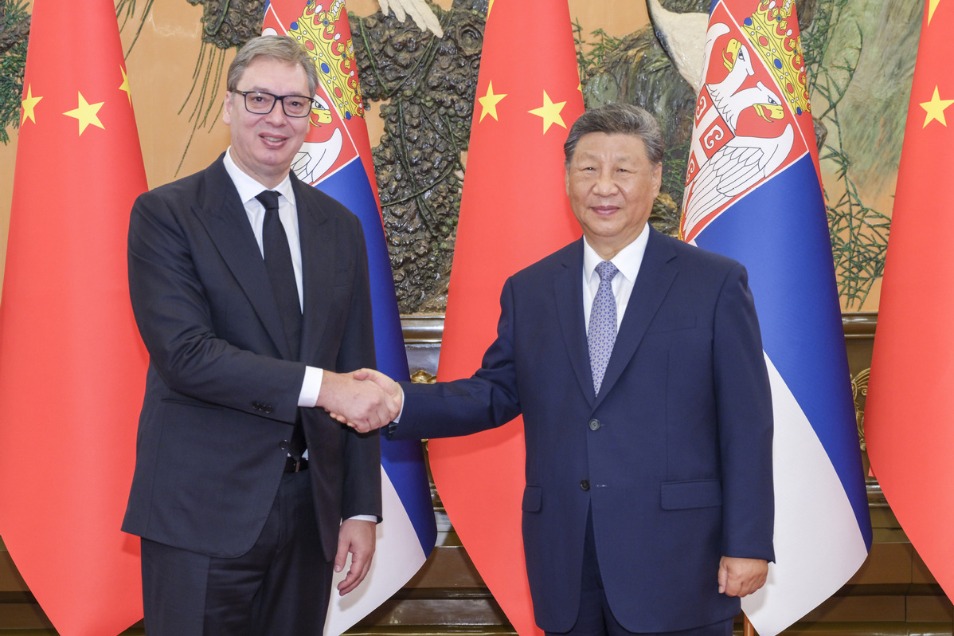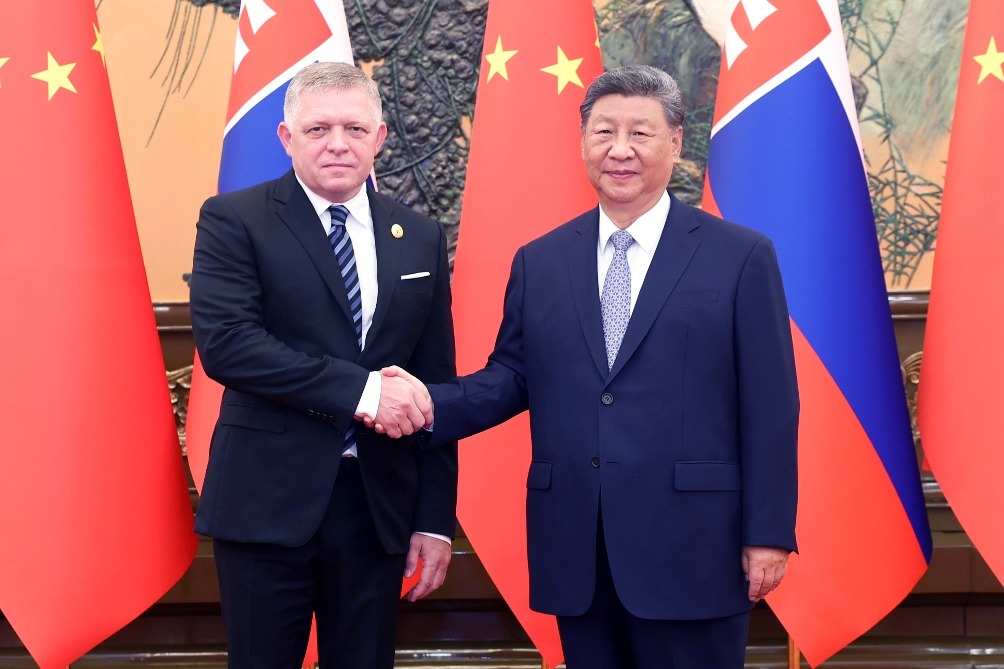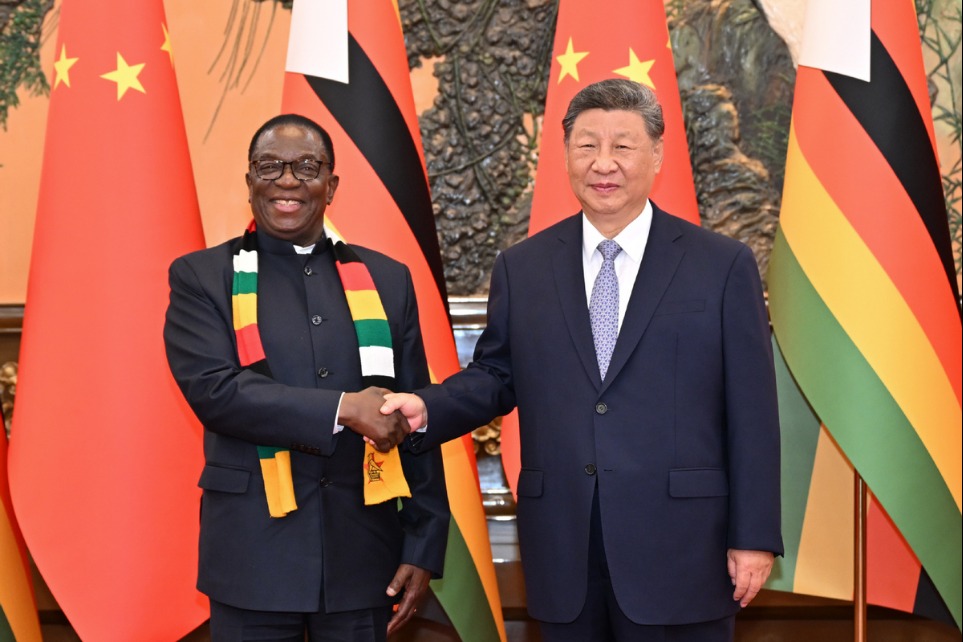Tour of discovery reveals real China
Cultural exchange program gives world's younger generations more nuanced understanding of 'Middle Kingdom'


Youthful envoys
Zhao Gang, vice-president of Beijing Foreign Studies University, said at the opening ceremony of this year's program in June that these exchanges are of great importance.
"Young people represent the future of a country, and they share the important responsibility to enhance mutual understanding and trust, and contribute to human common development," Zhao said.
It's hoped that through the program, students can become a generation of cultural ambassadors and build lasting friendships between the two countries, he added.
The 2025 2025 Discover China Program included lectures on China's economic and technological development and diplomatic policies, as well as visits to historical and cultural landmarks and renowned companies in Beijing, Xi'an in Shaanxi province, and Hangzhou in Zhejiang province.
"I've always been interested in China. I think it's one of the most important countries to know about, given its significant history and global power," said Ashley Blake, a sophomore student in social sciences at Harvard University, and a tour participant.
Blake has studied Chinese for two years, and with her background in film and anthropology studies, decided to anchor her academic focus on East Asia, especially China, and "do some global cooperation" to tell Chinese stories that people can engage and connect with.
"It's almost impossible to have genuine collaboration if you're not actually experiencing other people's lives and not talking one-on-one," she said, noting that the tour offers her the opportunity to see and experience real Chinese culture and forge partnerships with Chinese people.
The perceptions and attitudes of young people from the US toward China are undergoing a positive shift, according to recent surveys.
A Pew Research survey from last year found that among young respondents aged 18 to 29, 28 percent of people from the US have a favorable impression of China. A total of 69 percent believed that China is a competitor or partner instead of an enemy, and 66 percent thought that China's global influence has become stronger in recent years.
Another tour participant, William Rose II from the University of Wyoming, said that future generations need to understand one another.
"I think countries should work together in whatever ways they can, because each country has its own set of unique properties that is beneficial for everybody. And why would I have any grudge against my neighbor overseas?" he said.
Exchange programs that offer young people from other parts of the world authentic experiences of China could facilitate the shift in their impression of the country from the uniform portrayal by Western media to a multilayered one brimming with unique characteristics, tour participants said.
"College students are at a stage where their values are stable, but they are still exploring the future, filled with endless possibilities. Exchange programs like Discover China can plant a seed of interest in China in their hearts at this crucial time. Therefore, no matter where they end up in the future, they will have a greater concern for China," said Liu Tiewa, dean of the Academy of Regional and Global Governance at Beijing Foreign Studies University.














